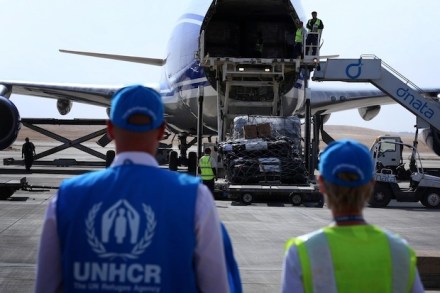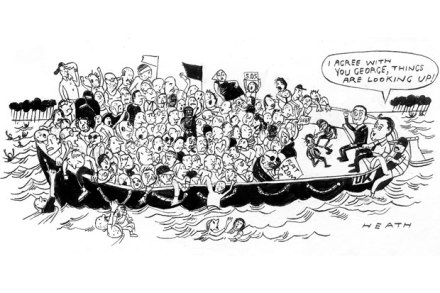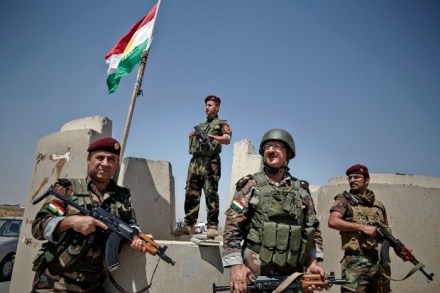It’s time we contemplated the possibility of a post-conflict Kurdistan
There’s a curious aspect to the debate – or what passes for it – about Britain getting involved in military action against the Islamic State. Isabel Hardman put her finger on it in her piece in this week’s magazine, identifying the defeat of the PM’s bid to take action in Syria for his reluctance to take military action now in Iraq. As she says: ‘This post-Syria timidity frustrates many of Cameron’s own MPs. Even under the new leadership of Michael Gove, the Tory whips made no efforts to sound out backbenchers on where they stand on a British response to the so-called Islamic State’s brutal campaign in Iraq. If they






